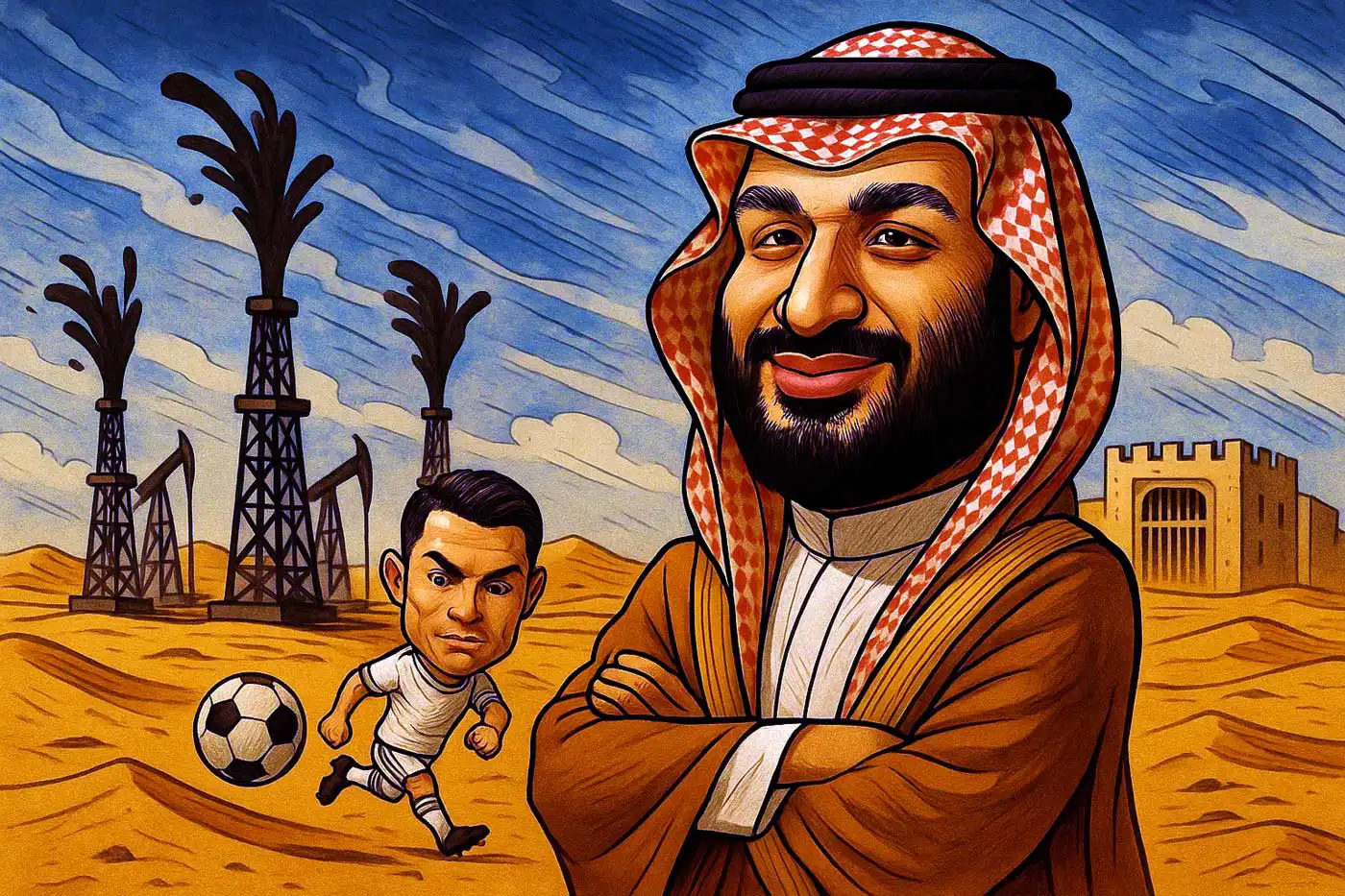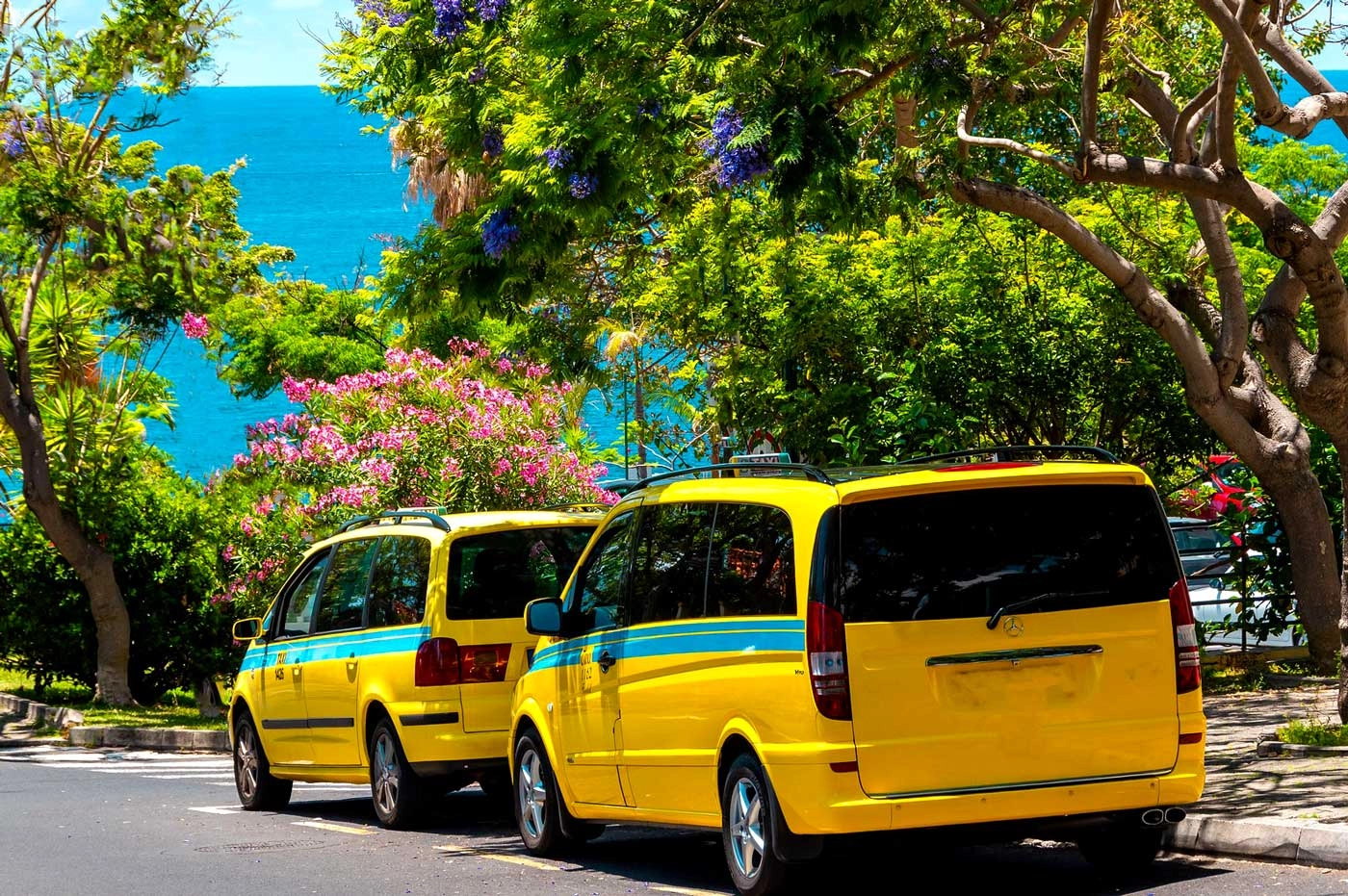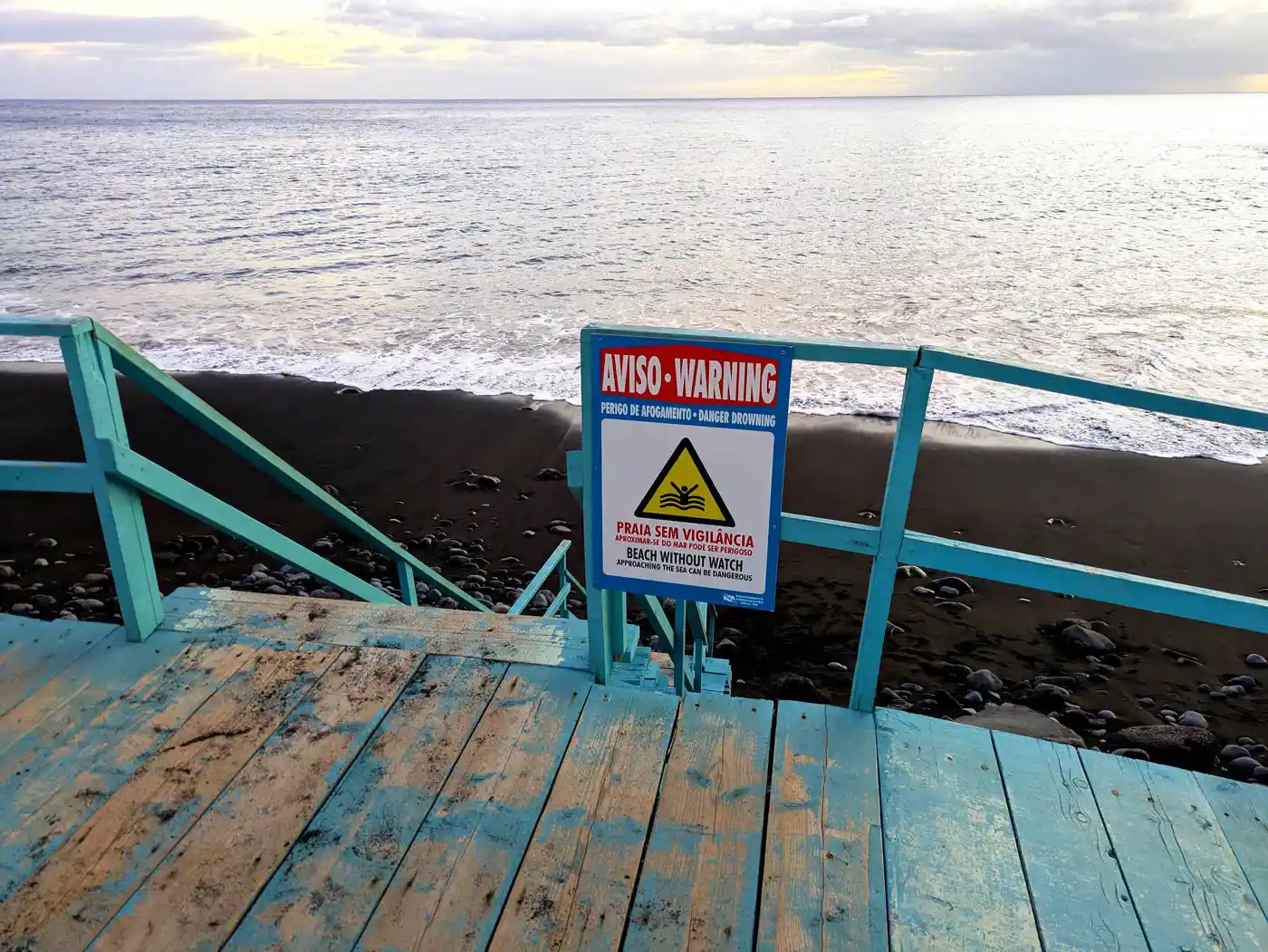White House Meeting: “Things Happen”
When Mohammed bin Salman stood in the Oval Office in November 2025, cameras recorded a scene of diplomacy and glory. Questions about Jamal Khashoggi’s murder followed him there. The U.S. President said matter-of-factly that “things happen,” and that the crown prince “knew nothing about it”, while MBS described the killing, while visibly struggling to hold eye contact with the reporter, as “a huge mistake”.
Those brief public lines - reported by major outlets covering the visit - were widely read as an attempt to move on from a spell of disgrace that has never left the prince’s record.
“Credible Evidence” Links Senior Saudi Officials to Khashoggi’s Killing
Independent investigators did not let the matter rest. In June 2019, the UN special rapporteur, Agnès Callamard published a detailed report concluding there was “credible evidence” that Saudi officials at a high level were liable for the killing of Jamal Khashoggi inside the Saudi consulate in Istanbul.
Callamard described the killing as an extrajudicial execution and called for a prompt, independent criminal investigation. That finding remains central when assessing the rest of this story.
Agnès Callamard, the secretary general of the watchdog Amnesty International, said there was “no doubt whatsoever” that the crown prince ordered Khashoggi’s grisly bone-saw killing inside the Saudi Consulate in Istanbul in 2018.
NBC News, November 19, 2025
How Mohammed Bin Salman Came to Power
Mohammed bin Salman became crown prince on June 21, 2017, when his father, King Salman replaced the heir, Mohammed bin Nayef (crown prince from 2015 - 2017). The change was swift and backed by most members of the Allegiance Council, formalizing what had already been a transfer of power in effect.
As crown prince he chairs key councils, controls the Public Investment Fund, and runs political and security affairs - roles that make him the kingdom’s de facto leader even while his father remains king. The title in Saudi Arabia today is less ceremonial and more operational - the crown prince now holds the levers of money, security, and policy.
The 2017 Purge - a Calculated Consolidation of Rivals, Assets, and Influence
Only months after being named crown prince, MBS launched what Riyadh publicly called an anti-corruption drive. Beginning November 4, 2017, authorities detained hundreds of princes, ministers and businessmen - figures who had long balanced Saudi power.
Independent reporting and later summaries put the number of detainees around 381 and described confinement of many, bank freezes, grounded jets, and wide asset seizures.
Presented as reform, the operation functioned as a purge that stripped rivals of independent resources and rewired patronage networks to answer to the center.
No one expected a crackdown of this scale and against princes of such seniority in the House of Saud, which is why so many of those detained were caught red-handed and had no time to flee.
Methods of Control - Courts, “Tazir” Discretion, and The Rise of Executions in 2024
Consolidation has not been limited to arrests and financial pressure - it reaches into the courtroom and to the ultimate penalty. Human-rights monitors documented a marked rise in executions in 2024. Amnesty International and partner groups recorded at least 345 executions in 2024, with many for drug-related offences and other charges critics say are treated as security crimes.
The expanded use of discretionary Tazir sentencing and opaque trials gives prosecutors and judges wide scope to impose the death penalty, and that scope has been used in ways that international monitors find disturbing and alarming.
Saudi Arabia has for years been among the countries carrying out the highest number of executions in the world. Yet, despite a pledge in 2018 from Saudi Arabia’s Crown Prince Mohammed bin Salman to reduce use of the death penalty, the rate of executions has continued to soar
The Purge’s Cruelty - How Detainees, Including Family, Were Treated
The purge was not just administrative. Journalists, human-rights investigators, and former detainees describe coercion, forced “deals”, mistreatment and worse. Many were held for months or years without a public trial, pressured to surrender their wealth, and confined in conditions that human-rights organisations classify as abusive. The sweep reached deep into the royal family and inner circles - no one was immune. The aim was clear: punishment had to be visible and terrifying.
Even the former crown prince, his cousin Mohammed bin Nayef, was trapped in this machinery. After being replaced in June 2017, he was effectively under house arrest at his Jeddah palace, his bank accounts frozen, and his movements tightly restricted.
By 2020, according to The Guardian, he was again confined, this time in solitary conditions and reportedly tortured. Sources say he was suspended by his ankles for hours, leaving lasting damage to his legs.
There is no credible evidence he is dead, but he disappeared along with other relatives and if he is still alive, remains a prisoner of MBS’s regime.
The Cost for Women Who Raise Their Voices - the Case of Manahel al-Otaibi
Public reforms for women in Saudi Arabia exist side by side with severe punishments. For example Manahel al-Otaibi, a fitness instructor and social-media figure, was arrested in November 2022 and sentenced on January 9, 2024 to 11 years in prison - charged with “terrorist offences” linked to her online posts and critique of the Saudi guardianship system
She was physically abused in prison - her leg was reportedly broken due to beatings, she was threatened, bitten, denied medical care, and forced into solitary confinement. Her communication with family has been severely restricted. Her sentence shows how Mohammed Bin Salman's regime treats women who pose a social challenge rather than offer political or economic advantage.
This case reflects a broader reality: women in Saudi Arabia continue to face severe restrictions on their freedoms. Despite public reforms, their autonomy, voice, and ability to challenge social norms are routinely suppressed.
In 2023, the Open Doors World Watch List ranked Saudi Arabia as the 13th most difficult country to be a Christian or any type of non-Muslim
Christianity in Saudi Arabia, Wikipedia
Christians Are Stripped of Their Rights
Christianity in Saudi Arabia is brutally repressed. No churches exist and public Christian worship is strictly forbidden.
Baptisms, public gatherings, and proselytizing lead to arrests, detentions, or worse. Expatriates can worship privately but citizens converting to Christianism face death for apostasy under Sharia law.
Christian symbols, Bibles, and religious texts are banned from public display. The state enforces an absolute religious monopoly, crushing any public non-Muslim expression under harsh legal and cultural penalties. Faith as a public practice is impossible, suppressed by structural violence and legal terror.
Cristiano Ronaldo: Saudi Arabia’s Ambassador for Sportswashing
While the kingdom tightens control at home, its public face is being recast abroad through sport and spectacle. The Public Investment Fund has directed vast sums to global sports deals, and the crown prince has supported mega-projects with billions of petro dollars.
Sports serve as a soft power tool and diplomatic bridge, creating international cooperation and economic diversification beyond oil dependency. Through high-profile deals and mega-projects like the Riyadh Sports Boulevard, Saudi Arabia seeks global prestige, enhancing its influence and attractiveness to investors and tourists while masking internal repression with the glamour of sport.
Power is The Engine, Spectacle The Cover
Read in order, these facts form a single, grim argument. MBS gained operational control as crown prince and then moved to secure it - purging rivals, exercising legal discretion to punish dissent, and using spectacle to shape foreign opinion. Money buys him his loyal operatives.
The Khashoggi killing and the contested responses to it, the purge that reached into royal circles, the surge in executions, the jailing of women who protest social constraints, the brutal limits on non-Islamic worship, and the billions poured into sport all point to one overriding aim: ruling a kingdom through mantled fear - preserve and extend unchallenged power.






Comments